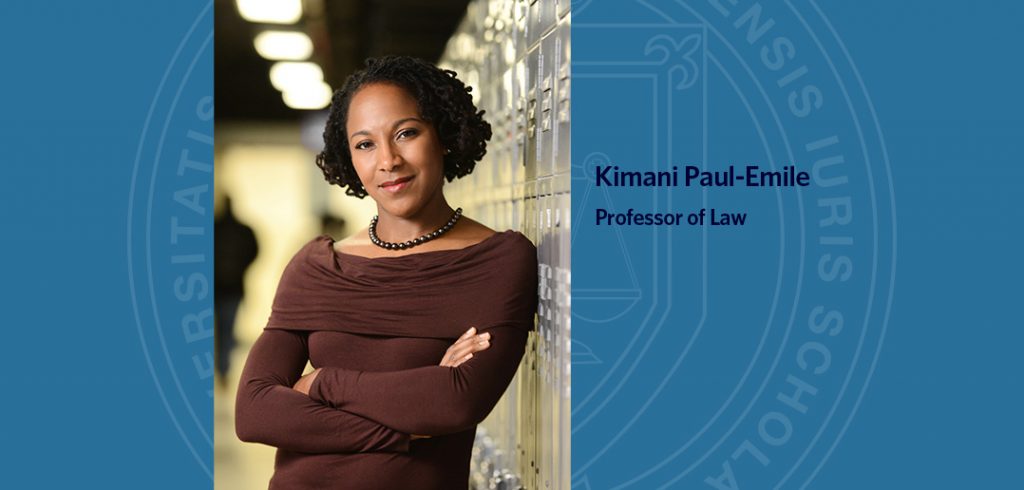Professor Kimani Paul-Emile was the lead author of a set of recommendations, published in the Annals of Internal Medicine, that offers health care systems a better way to respond to incidents of patient bias.
All too often, health care workers are the target of biased or bigoted behavior from the patients they’re caring for — but many medical centers don’t have formal policies in place to help clinicians handle those incidents or the impact on staff.
A new set of recommendations, published Monday in the Annals of Internal Medicine, offers health systems a blueprint for better responding to incidents of patient bias. They say a “one size fits all” approach won’t work, and instead urge health systems to take a sweeping set of actions to make sure they’re prepared to handle such problems, which have long been documented.
…
“What I was seeing at some institutions was them saying, ‘Look it’s just too complicated — we’re gonna have a zero-tolerance approach we’re just not going to accommodate,’” said Kimani Paul-Emile, a law professor at Fordham University School of Law and lead author of the paper. But, she added, that doesn’t always work.
“We created a framework for how health care institutions should think through these scenarios when they arrive,” she said.

